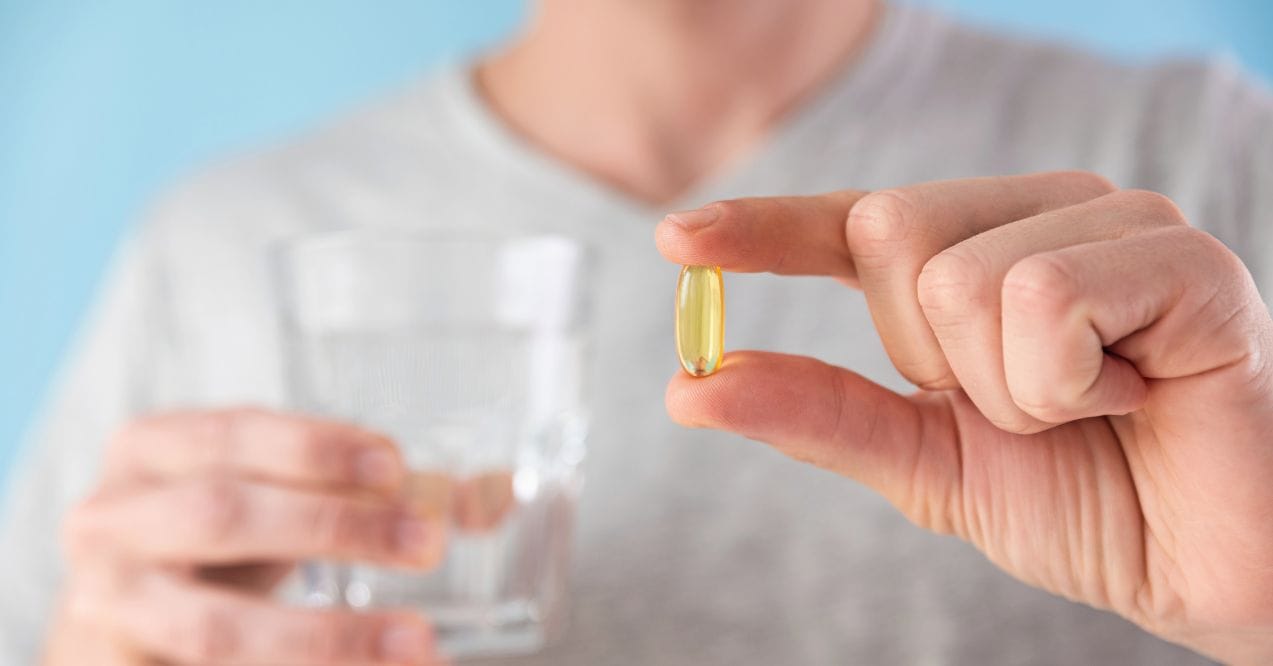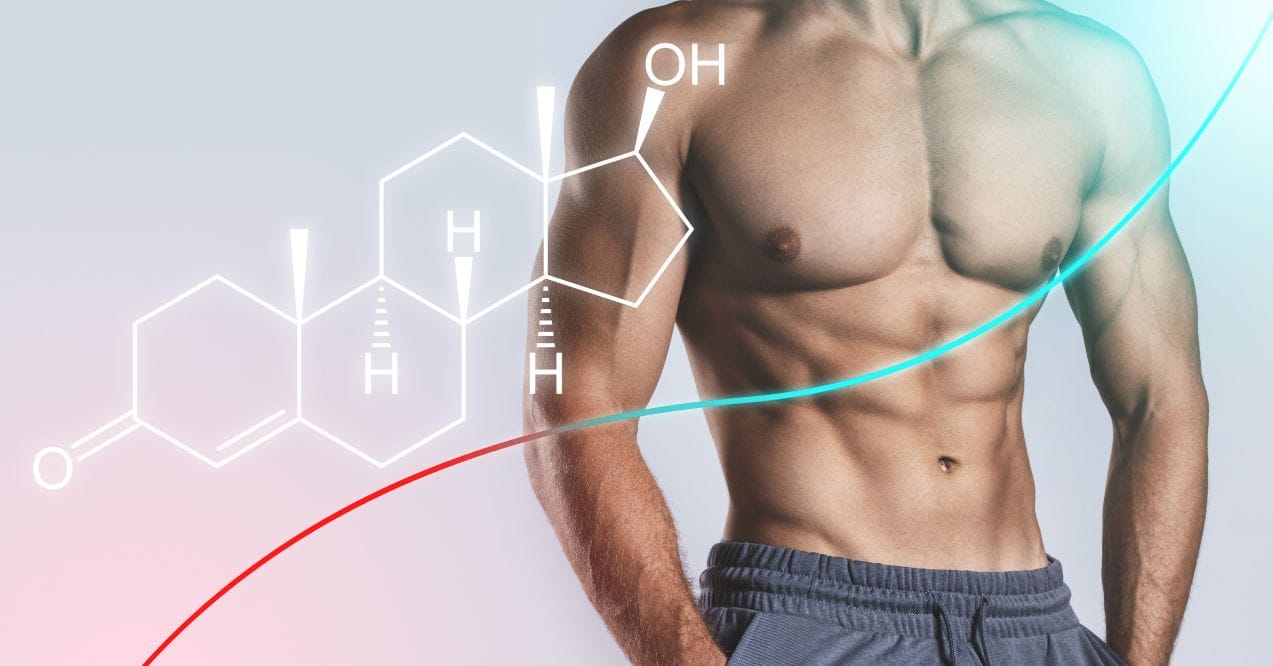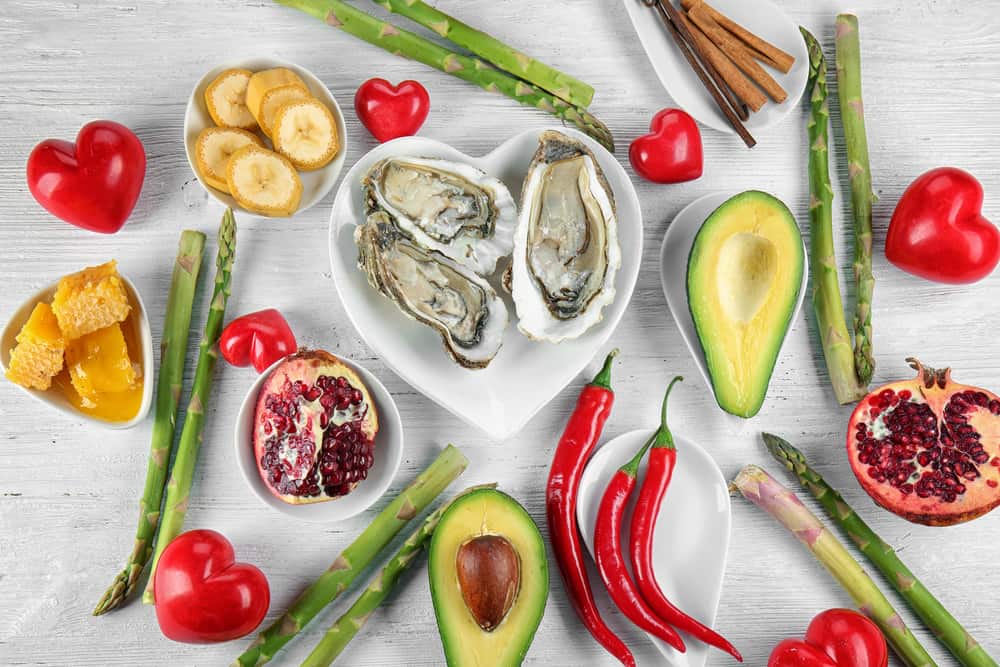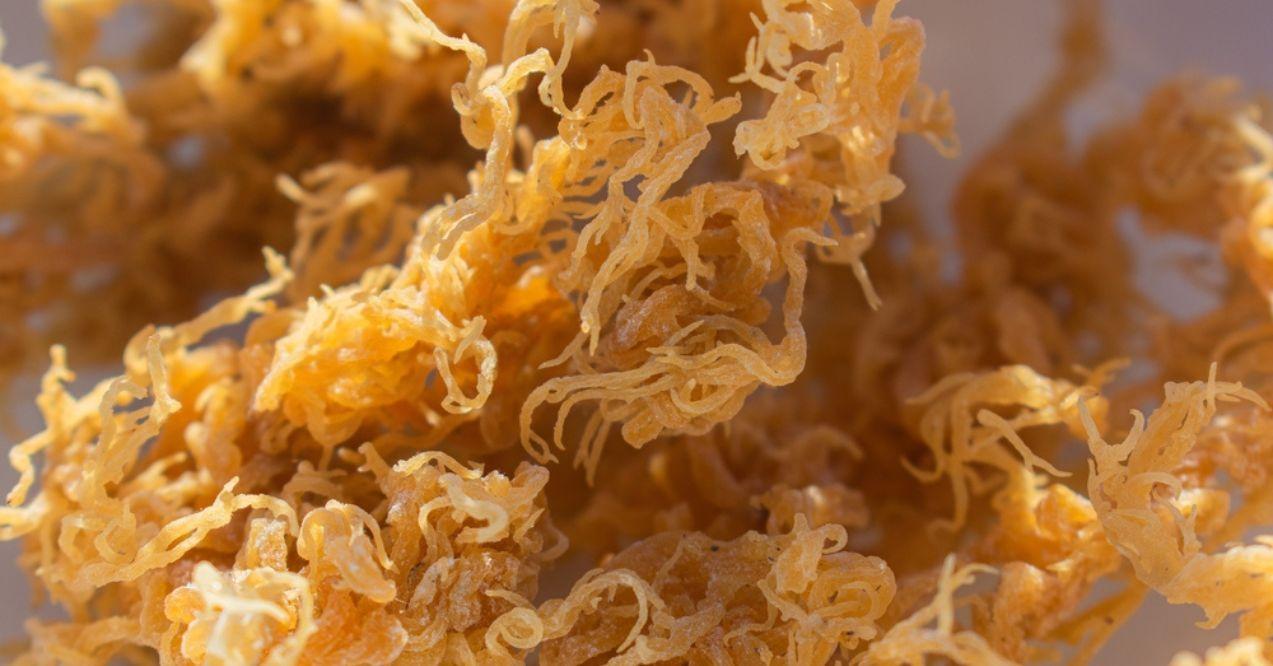15 Foods That Kill Testosterone
Learn about 15 foods that kill testosterone and how to maintain hormonal balance for optimal health in our latest article.


Our bodies function because of a myriad of hormones, so learning the 15 foods that kill testosterone can help you stay in optimal health.
How do you know if you’re already suffering from low levels of testosterone? Both men and women struggle with hormone imbalances; however, men typically struggle with low levels of this critical hormone because of foods that lower testosterone as well as lifestyle choices, aging, sleep troubles, stress, and various other factors.
If you or anyone you love is experiencing symptoms from the following list, they could need to reduce their foods that destroy testosterone as well as make other changes.
- Low energy
- Excessive weight gain
- Low libido
- Erectile dysfunction
- Trouble sleeping
- Bone and muscle deterioration
- Infertility
Foods That Kill Testosterone
There are so many foods that kill testosterone, including items from most of the food groups. Some are natural and some are processed, but they’re all foods that reduce testosterone in your body and make it more difficult to perform at optimal levels.
1. Mint
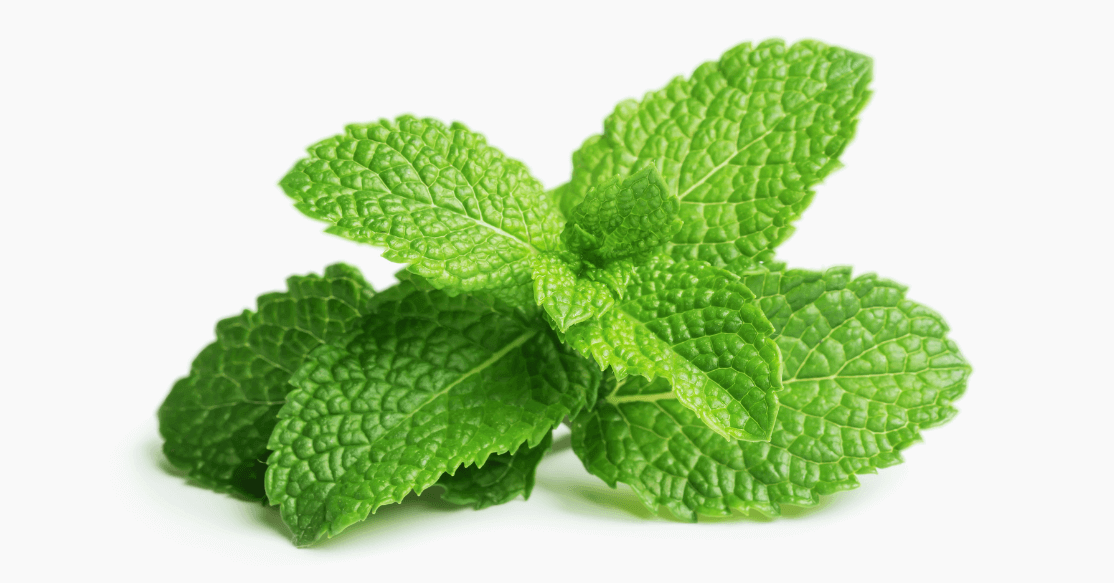
Mint might not seem like a food that you consume in high quantities, but it’s quite common in plenty of products that people consume daily, such as toothpaste, soap, shampoo, cough medicine, and other hygiene products.
Mint has been shown to reduce testosterone significantly, whether it is in its natural form or present as a part of something else, such as a flavored food, gum, or a hygiene product. Read ingredient labels carefully so that you can take note if something contains mint, spearmint, peppermint, or another derivative of this testosterone-killing food.
2. Vegetable Oils
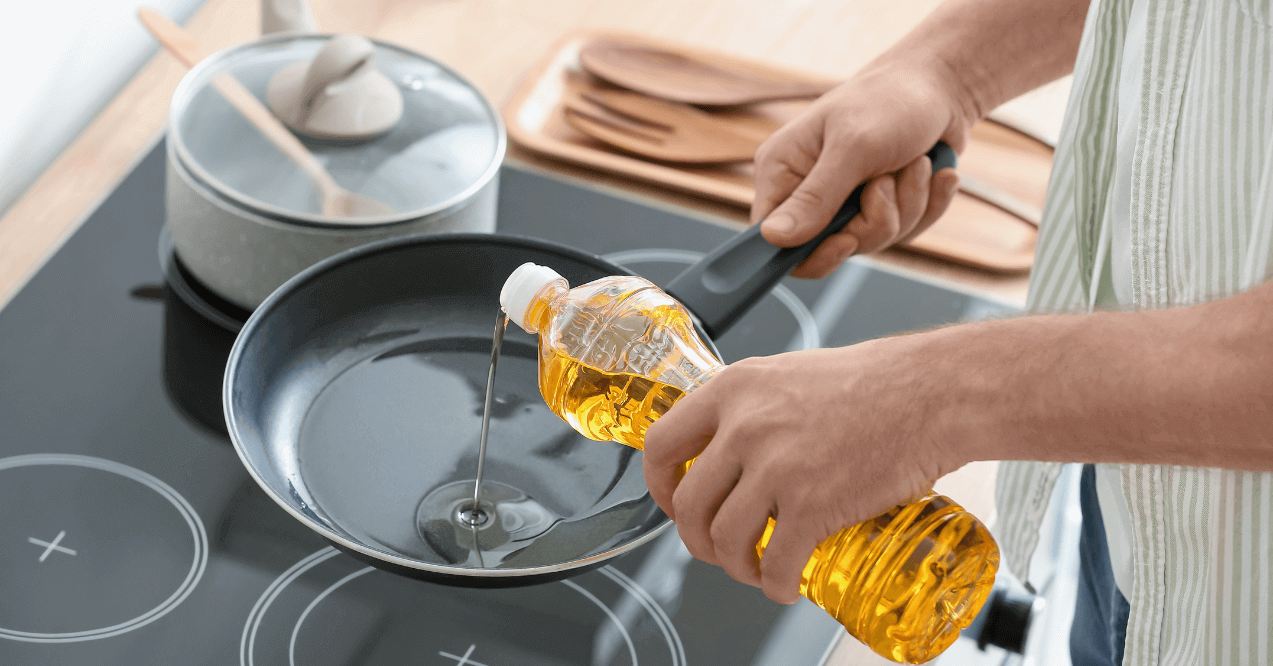
If you’ve done any research in the last few years regarding foods that are healthy and beneficial for your system, you’ve probably seen experts steering people toward coconut oil, avocado oil, and extra virgin olive oil. Vegetable oils cause a variety of health issues, such as high cholesterol, weight gain, inflammation, and low testosterone.
What puts vegetable oils on the list of testosterone-killing foods? First of all, they have very low smoke points. So, when you cook them at high heat or fry foods in them, they go rancid (even if it doesn’t smell that way). Rancid oils give off free radicals that cause oxidation and inflammation, and inflammation means testosterone can’t do its job.
Vegetable oils are also high in PUFAs, or polyunsaturated fatty acids. PUFAs bring down testosterone levels drastically, so when combined with the free radicals given off by high-heat vegetable oils, they’re doubly dangerous.
Furthermore, vegetable oils, also have high levels of Omega-6. Wait, aren’t omegas supposed to be good for you, like the ones in fish? Yes, but the best ones are omega-3 fatty acids. Omega-6s themselves aren’t necessarily detrimental, but when they’re present at higher levels than omega-3s, it creates an imbalance that researchers are finding is often responsible for chronic diseases, such as inflammation. The ideal ratio of omega-6 to omega-3 should be 1:1—but in the modern American diet, it’s closer to 6:1.
3. Alcohol
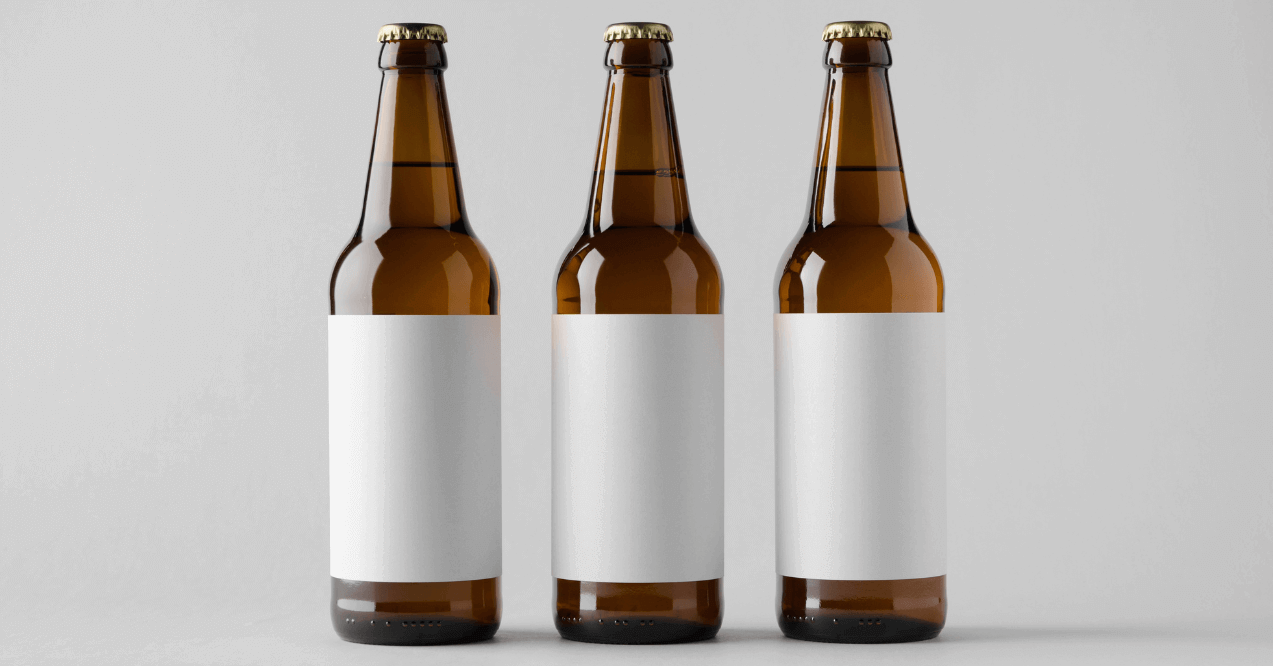
Although there are some instances where small amounts of alcohol are shown to be beneficial, most often it’s harmful. Alcohol, especially in large quantities, makes all your systems struggle to function at prime levels.
Alcohol raises estrogen levels, so it often causes people to struggle with their weight. Excess amounts of body fat leads to high levels of estrogen, which prevents testosterone from forming and doing its job. Furthermore, certain types of alcohol are positively correlated to high levels of belly fat. Belly fat is a significant cause of inflammation, which further hinders testosterone levels.
Current health guidelines show that the limit for healthy consumption is one drink a day for females and two for males. However, some research shows that moderate drinking over long periods also brings down testosterone.
4. Trans Fats
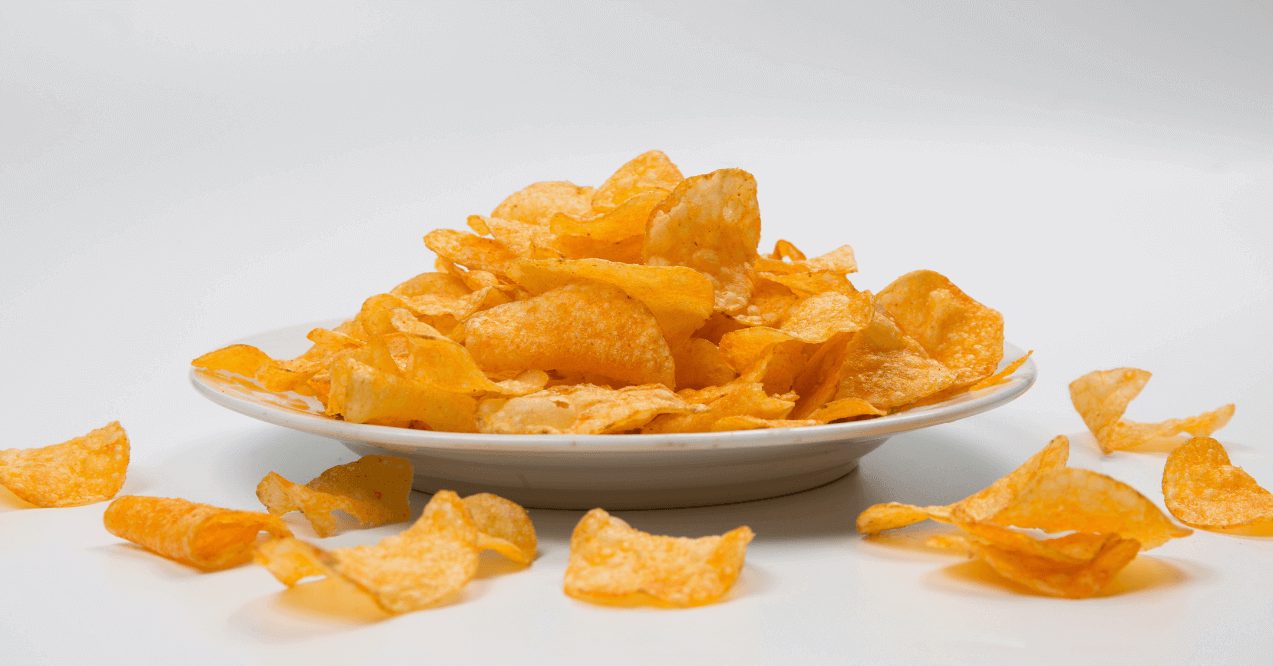
There’s nothing good for you about trans fats—besides maybe the way they make your food taste. Trans fats are made from vegetable oils, which we’ve already determined to be a food that kills testosterone. Trans fats are hydrogenated, too, which create dangerous levels of inflammation in the body. And, high levels of inflammation mean low levels of testosterone.
Foods containing trans fats include:
- Baked goods such as cakes, donuts, and cookies
- Muffins
- Potato chips
- Fast food
- Margarine
- Processed foods
Trans fats are present on ingredient labels in sneaky names such as hydrolyzed and hydrogenated. Don’t be fooled, though—these are just other names for trans fats, which destroy testosterone production and testosterone efficiency.
5. Fried Foods
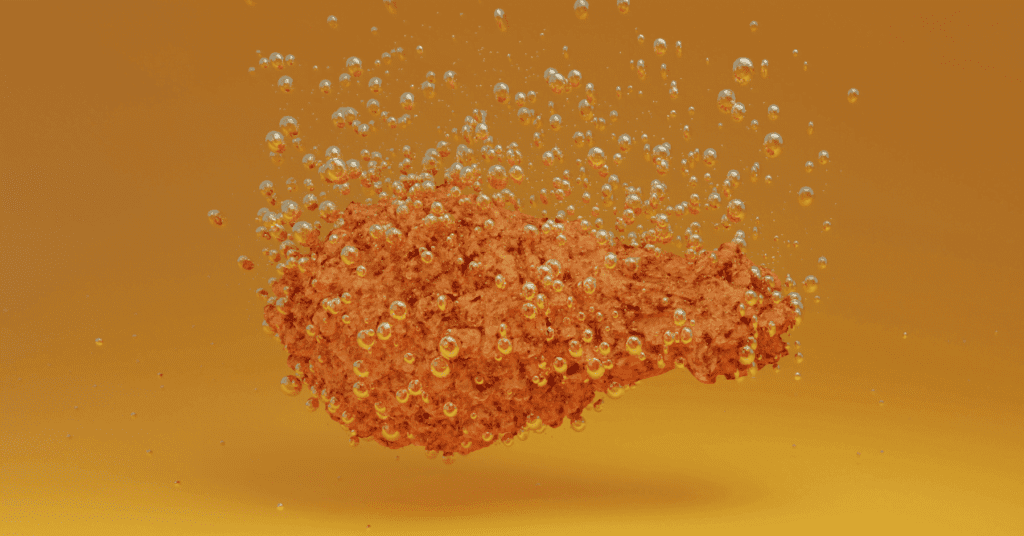
Fried foods are, of course, usually fried in vegetable oils and trans fats. This means they’re another testosterone-killing food that is high in PUFAs because when you fry something, it soaks up PUFAs at even higher levels. Furthermore, most fried foods are also extremely high in salt, which is associated with several chronic diseases and inflammatory conditions.
6. Sugar
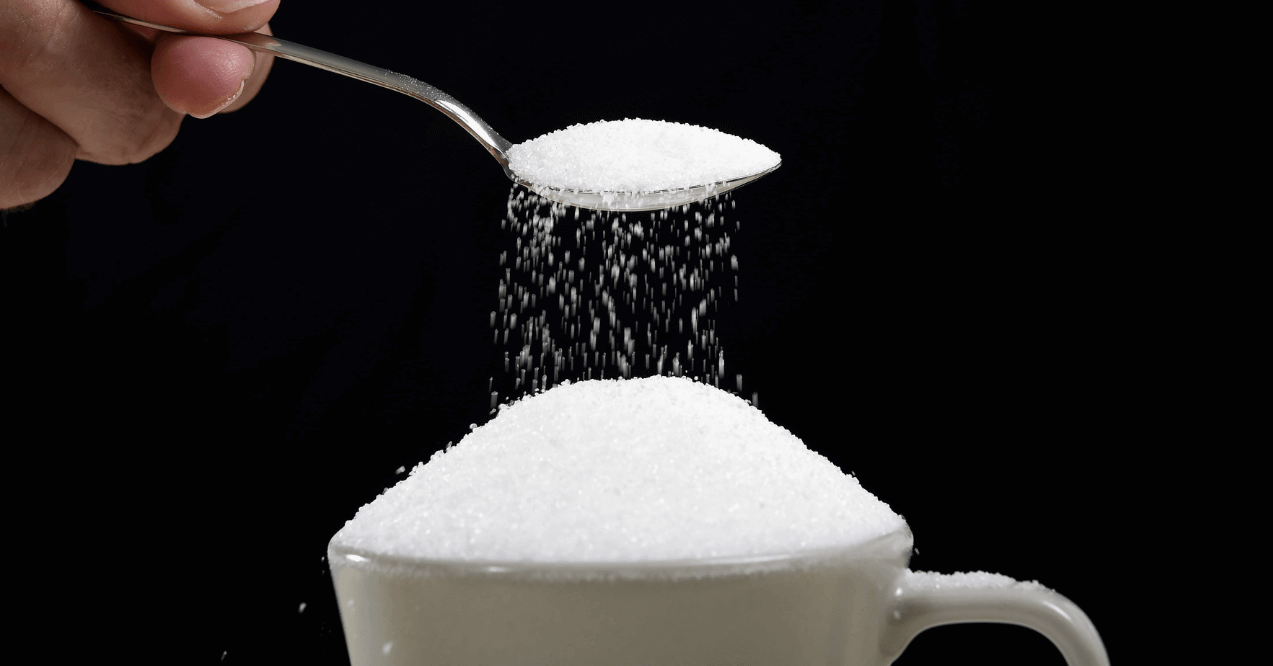
Sugar in its natural forms, such as in fruits and vegetables, is nutritious and necessary for optimal body functioning. The modern American diet, though, is lacking in natural sugars and overly reliant on processed, refined white sugar to sweeten all types of food.
Sugar isn’t only present in sweets, desserts, and baked treats. It’s also present in high concentrations in energy drinks, dressings, condiments, sauces, and packaged foods. Current research shows that the average American consumes up to seven tablespoons of processed sugar each day. Sugar is one of the main culprits of chronic inflammation, obesity (i.e., that detrimental belly fat!), and disease, so it’s no surprise that it also makes testosterone levels crash.
Learn to read ingredient labels carefully and take care of that sweet tooth with fresh fruits and veggies instead of processed sugar, which only harms your body.
7. Processed Foods

What is processed food? It’s anything that doesn’t come in its natural form. Our 21st-century shelves and kitchens are filled with more processed foods than ever because the chemicals and additives in processed foods make them last longer and also make them cheaper to create.
Processed foods contain many of the other testosterone-destroying foods on this list, such as trans fats, sugar, and vegetable oils (which contain, remember, PUFAs). As much as possible, avoid processed foods when you’re trying to maintain adequate levels of testosterone.
8. Soy
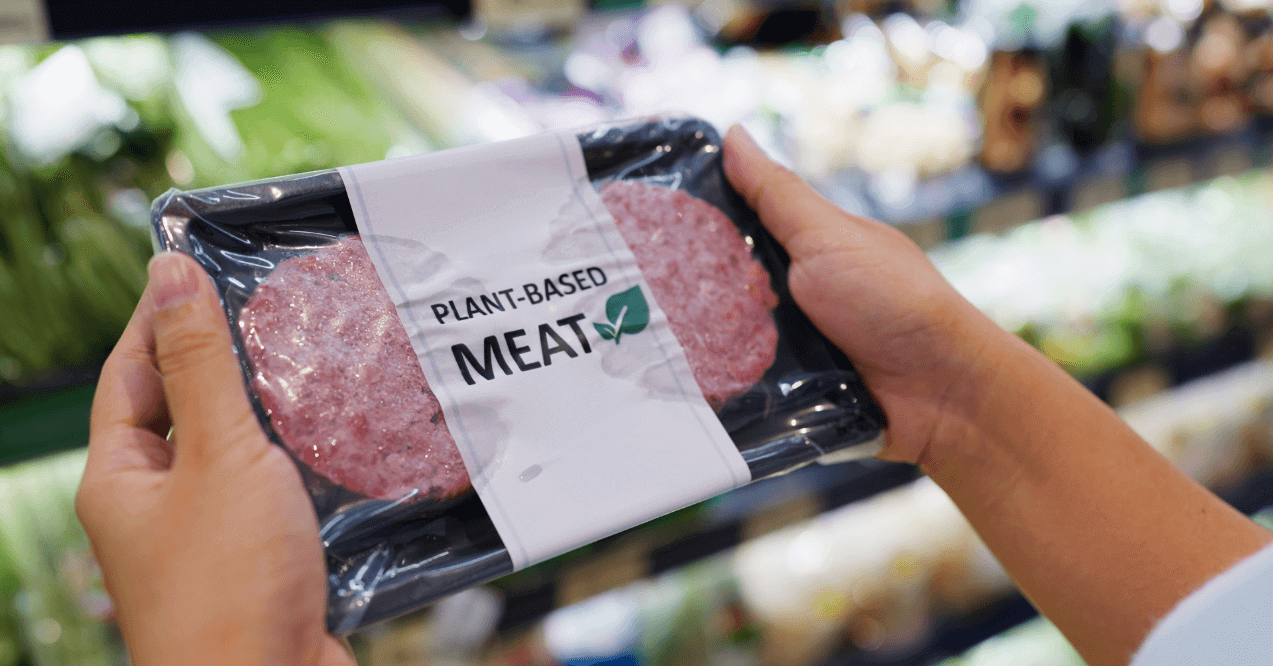
Soy is important to note when you’re wondering which food kills testosterone in the modern diet because it has a very high concentration of phytoestrogen. This means that it raises estrogen in the body, and when estrogen levels are too high, testosterone can’t do its job.
So, even though soy is a plant and is naturally occurring, it doesn’t bode well for people in large amounts, or even in smaller amounts for those who have trouble balancing their testosterone levels.
Take note that soy is a main ingredient in many processed foods. Furthermore, people who try and avoid dairy or who are vegan often turn to soy-based foods as a protein source. Make sure to read labels closely and learn all the names that soy takes when on ingredient labels.
9. Sweet-Tasting Foods
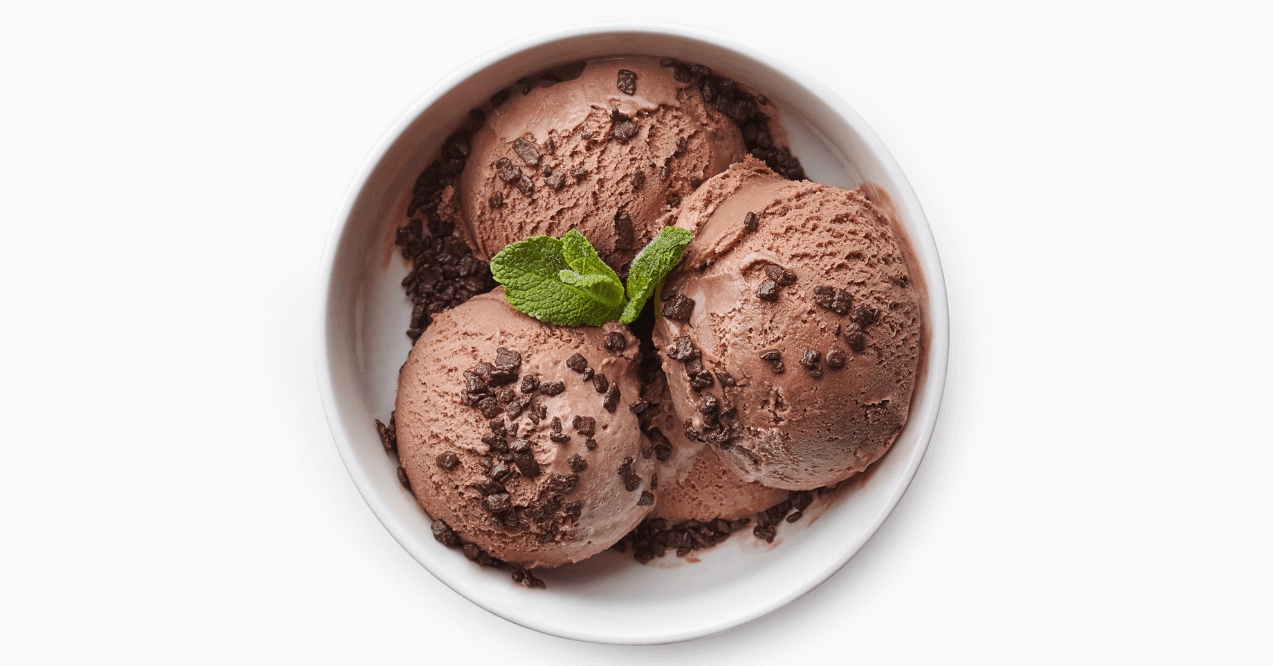
Of course, anything that’s sweet-tasting probably has high amounts of refined sugar. When you’re trying to avoid sugar and processed foods, you should reduce your amounts of foods such as these:
- Processed dressings
- Pre-made condiments
- Baked goods
- Ice cream
- Processed syrup
- Cakes, pies, cookies
- Sugary breakfast cereals
10. Nuts
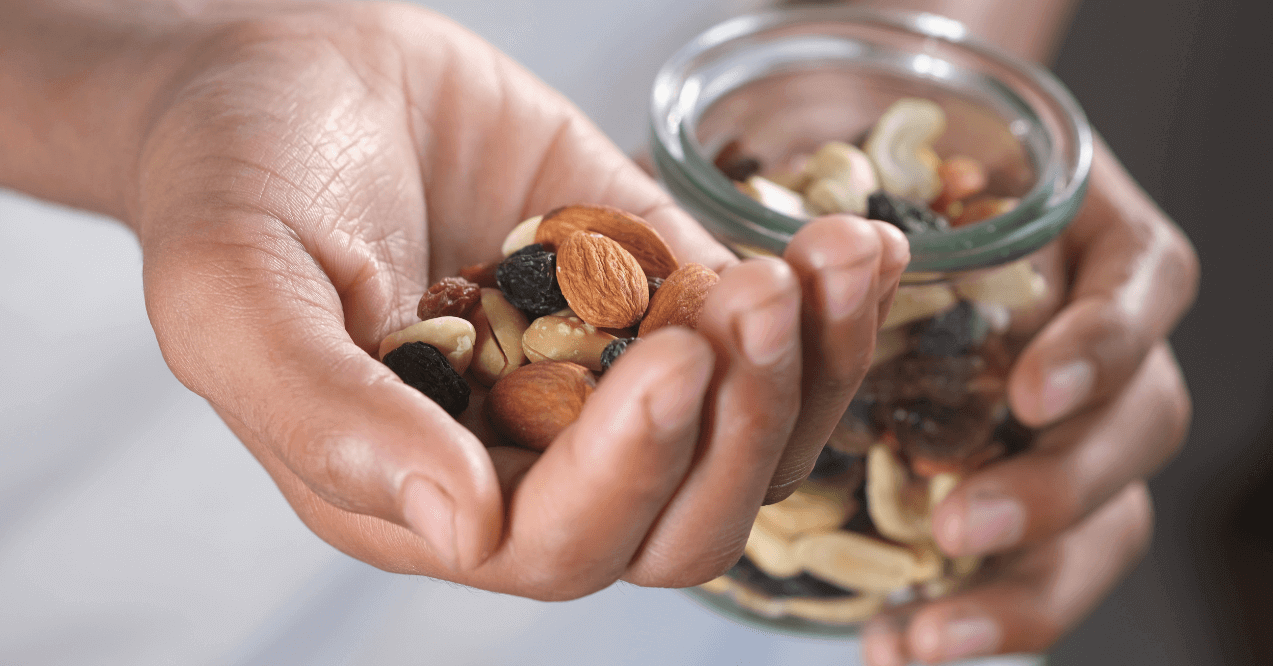
Now, nuts are usually considered a health food. They’re high in protein and healthy fats; however, some of them are also considered to be foods that destroy testosterone.
Particularly walnuts have high levels of SHBG, a substance that binds to testosterone molecules and neutralizes its effects. Many types of nuts also have significantly high levels of phytosterols, which hamper testosterone production. It doesn’t end there either. Some nuts also have high levels of PUFAs, which we’ve already discussed as being detrimental to hormone levels.
So, eating large amounts of walnuts can bring down your testosterone levels significantly. Instead, try almonds, pecans, cashews, or macadamia nuts to get adequate levels of protein and healthy fat.
11. Flaxseed
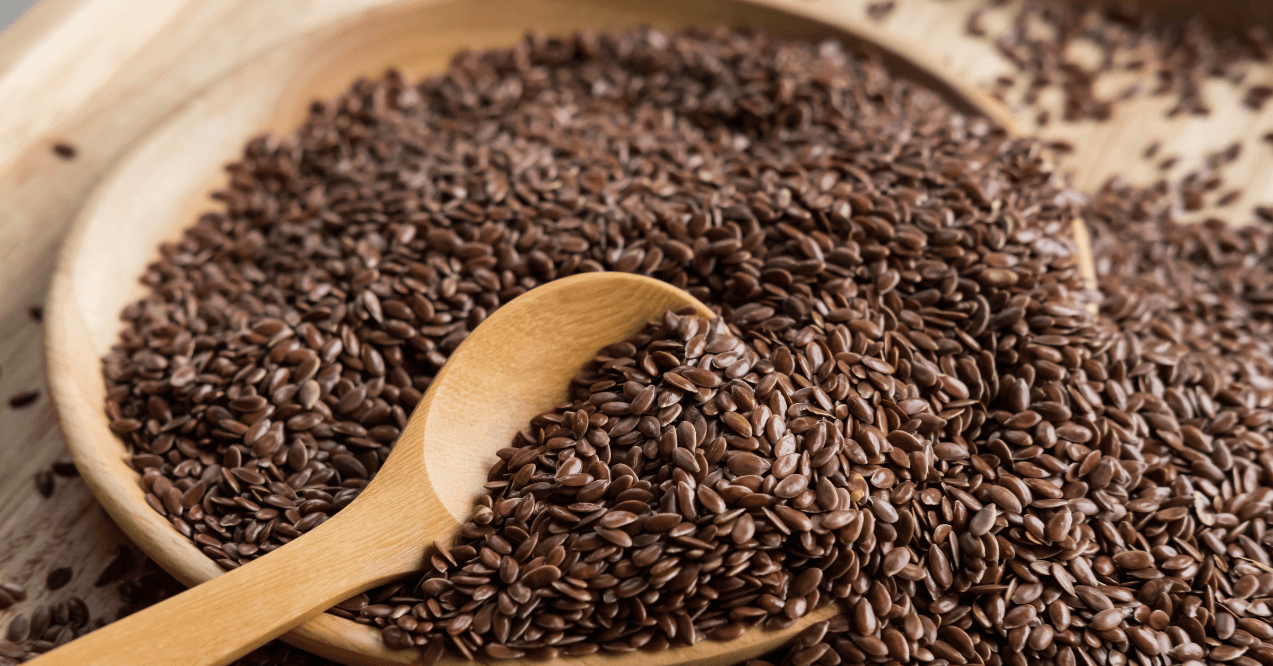
Flaxseed is another food that’s usually considered to be healthy all around. It has high amounts of omega-3s, which we discussed as needing to be in a higher or equal amount to omega-6s. However, it’s also very high in lignans.
What are lignans? They’re a compound that keeps testosterone from converting into the critical molecule dihydrotestosterone. This converted form is an androgen that works to boost testosterone’s effects. Lignans also reduce the amount of free testosterone in the body, which raises levels of SHBG.
So, flaxseeds might be healthy for people who are looking for non-animal protein sources, but for people who need to balance their hormone levels, it’s best avoided.
12. Dairy
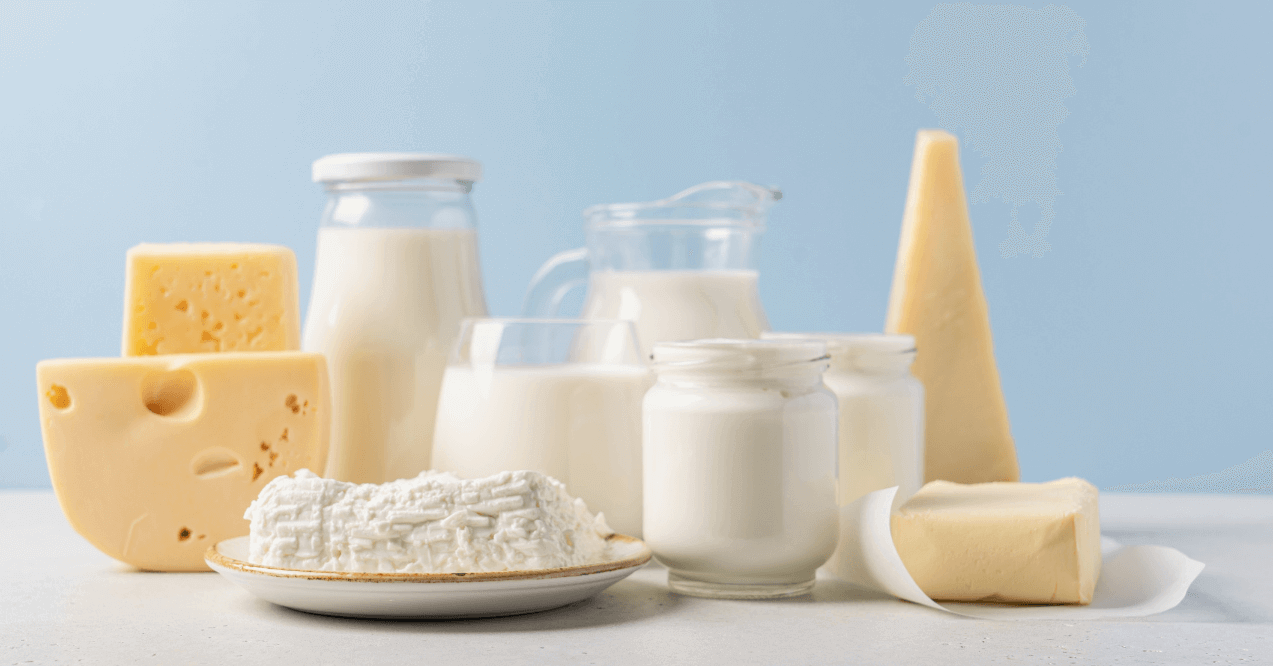
Dairy used to be considered a healthy part of one’s diet because of the high levels of calcium in cow’s milk. However, the more we learn about dairy, the more we realize that it’s not the best for our human systems. Lactose intolerance is, in fact, the way our bodies were meant to respond to dairy. Dairy causes inflammation in most people, which, as you know, hinders testosterone production and efficacy.
13. Licorice Root
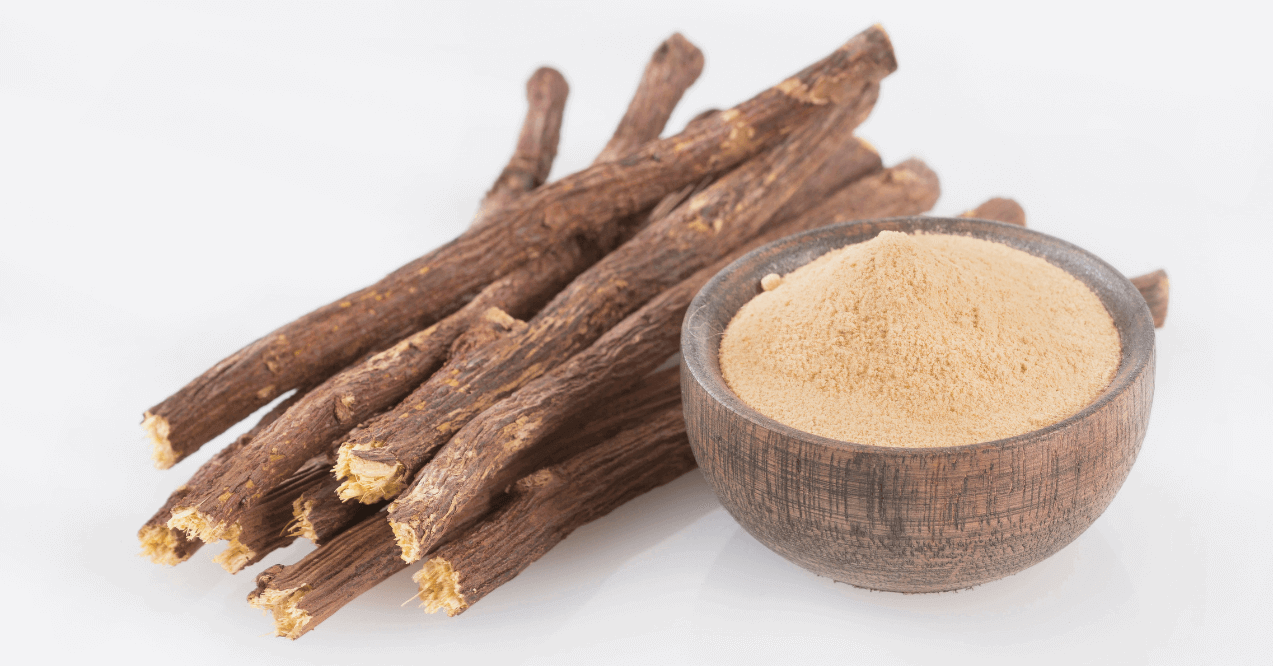
Here is another food that reduces testosterone that you probably don’t consume in high quantities very often—unless you’re a fan of black licorice jelly beans around the Easter holidays. Licorice in its natural form is full of glycyrrhizin acid, which brings down testosterone levels in both men and women. It’s what causes licorice’s unique taste, but it spells trouble for your hormones.
14. Pesticide-Laden Produce
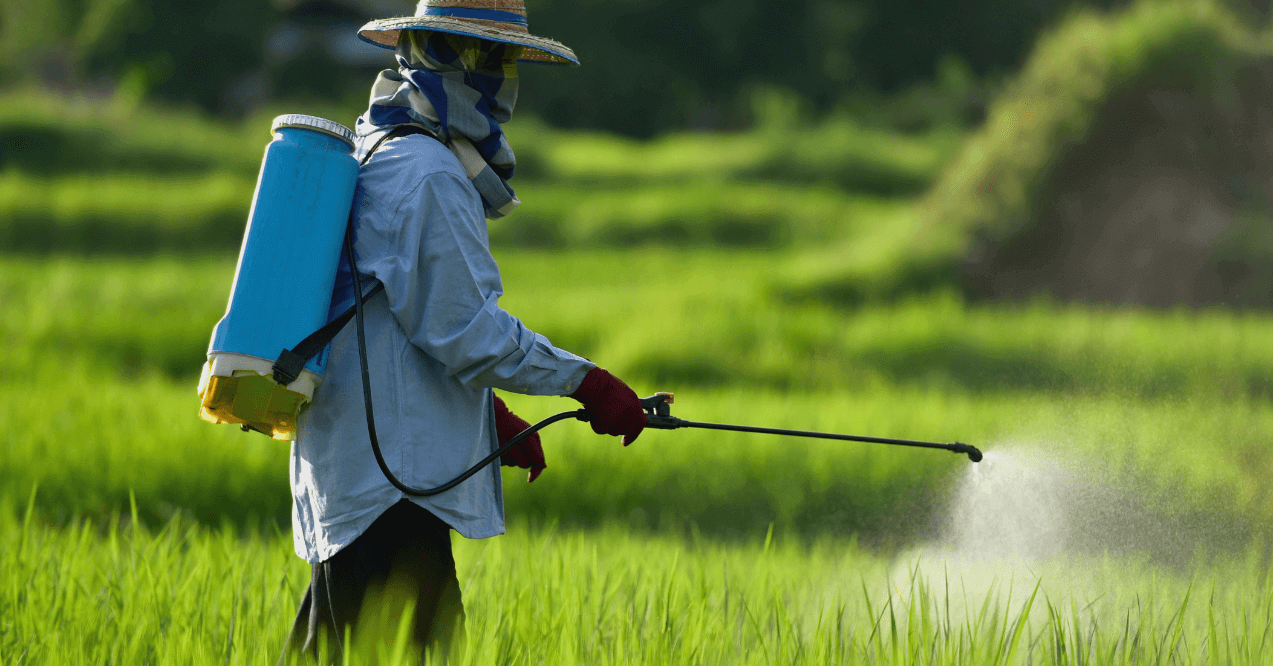
Consuming pesticide-laden produce can be harmful to our health in many ways, including interfering with our hormones. Pesticides are endocrine disruptors, meaning they can interfere with the body’s hormone system by mimicking, blocking, or altering the actions of hormones.
Exposure to pesticides can lead to decreased testosterone levels, especially in men. This is because testosterone production is regulated by the hypothalamus-pituitary-gonadal (HPG) axis, and the disruption of this system can lead to decreased testosterone levels.
Moreover, a study published in Oxford Academic, found that men who consumed more fruits and vegetables with high levels of pesticides had lower sperm counts and lower levels of testosterone. Therefore, it’s important to choose organic produce whenever possible to avoid exposure to these testosterone-killing foods and reduce the potential risks associated with pesticide exposure.
15. High-Mercury Fish
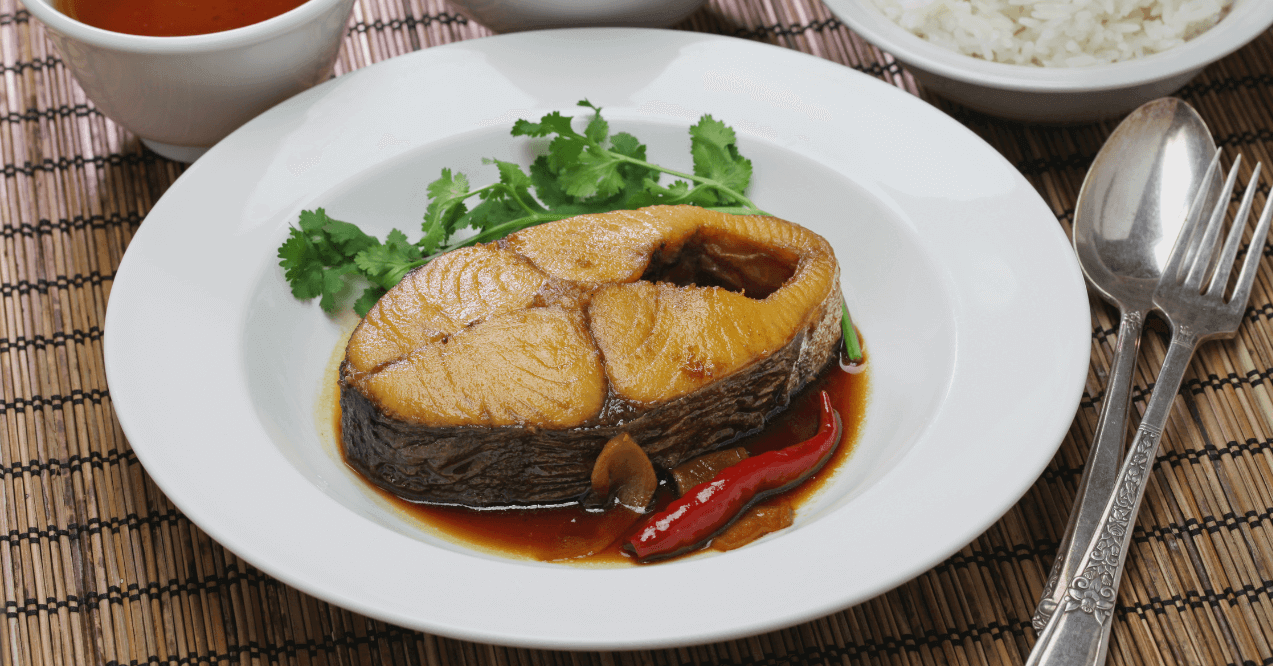
High-mercury fish are often considered foods that lower testosterone, as they contain high levels of mercury that can interfere with the body’s hormone production. Mercury is a neurotoxin that can affect the central nervous system, kidneys, and other organs.
Studies have shown that exposure to high levels of mercury can negatively impact testosterone levels, leading to decreased sexual function, fertility, and muscle mass in men. Some of the high-mercury fish to avoid or consume in moderation include:
- Swordfish
- King Mackerel
- Shark
- Tilefish
- Bigeye Tuna
- Marlin
- Orange Roughy
- Chilean Sea Bass
- Bluefish
- Grouper
To avoid the negative impact of high-mercury fish on testosterone levels, it’s recommended to limit consumption to once a month or less, especially for men who are concerned about maintaining healthy testosterone levels.
How to Increase Testosterone
One of the best ways to increase testosterone naturally is by adding supplements for men’s health to your daily nutrition regimen. You could also make particular lifestyle changes, such as getting more and healthier sleep, exercising more regularly, reducing stress, and eating foods that boost testosterone, such as those from the following list:
- Almonds
- Ginger
- Lemon
- Salmon
- Tuna
- Lean red meat
- High-quality cereals (e.g., steel-cut oats)
- Pomegranates
- Oysters
Eating a healthy diet ensures that your body is fueled to do what it’s meant to. Making sure that you have foods that boost testosterone sets you up for hormonal success.
Foods That Kill Testosterone: Final Thoughts
Now, there’s nothing that says a couple of bites of the foods that reduce testosterone here and there is going to tank your hormone levels. But knowing the 15 foods that kill testosterone can help you to eat them only in moderation and to fill your diet with healthier foods for your hormone levels.
Food that kills testosterone is not only one of the biggest factors affecting hormone dysregulation, but it’s one of the easiest to change so you can take charge of your health. Reduce these foods in addition to adding a supplement to your regimen, exercising regularly, getting enough sleep, and reducing stress, and you’ll be on your way to feeling like yourself again in no time.
Occasional consumption of foods that might lower testosterone is unlikely to have a drastic effect, but understanding their potential impact can help guide dietary choices. Incorporating positive dietary and lifestyle habits and reducing the intake of detrimental foods can promote better hormonal health.
However, it’s important to note that scientific consensus on the effects of various foods on testosterone levels can differ. Always consult with a healthcare professional or nutritionist before making any significant changes to your diet or lifestyle based on such articles.
Sign up for our Healthy Living newsletter!
Advertisement. This site offers health, wellness, fitness and nutritional information and is designed for educational purposes only. You should not rely on this information as a substitute for, nor does it replace, professional medical advice, diagnosis, or treatment. If you have any concerns or questions about your health, you should always consult with a physician or other health-care professional. Do not disregard, avoid or delay obtaining medical or health related advice from your health-care professional because of something you may have read on this site. The use of any information provided on this site is solely at your own risk.





